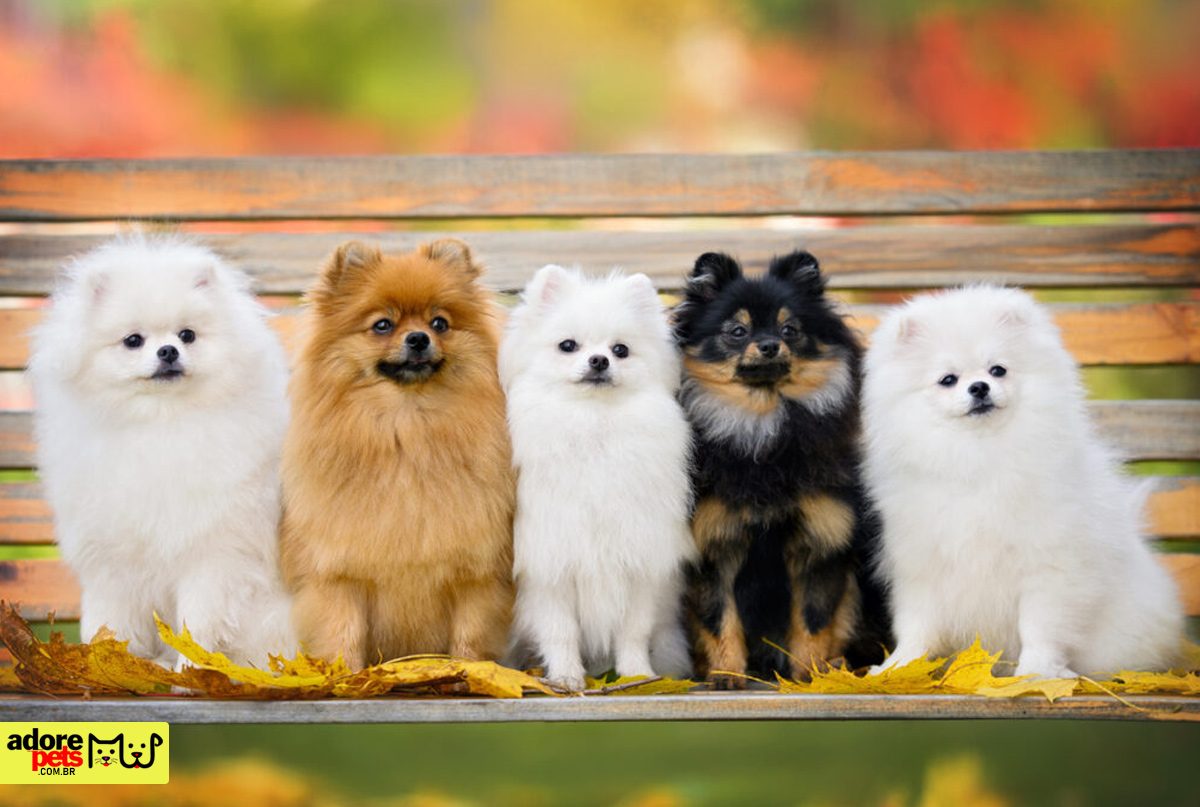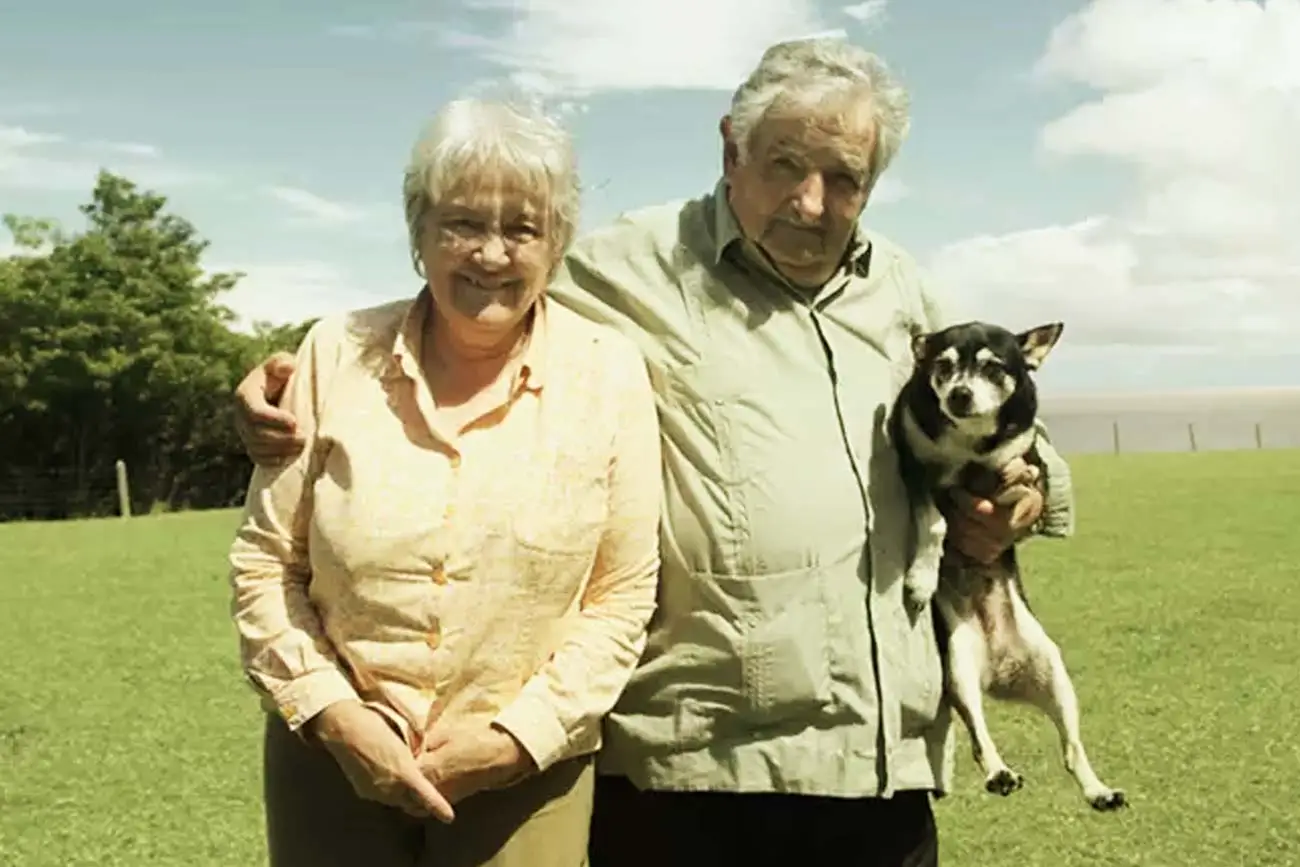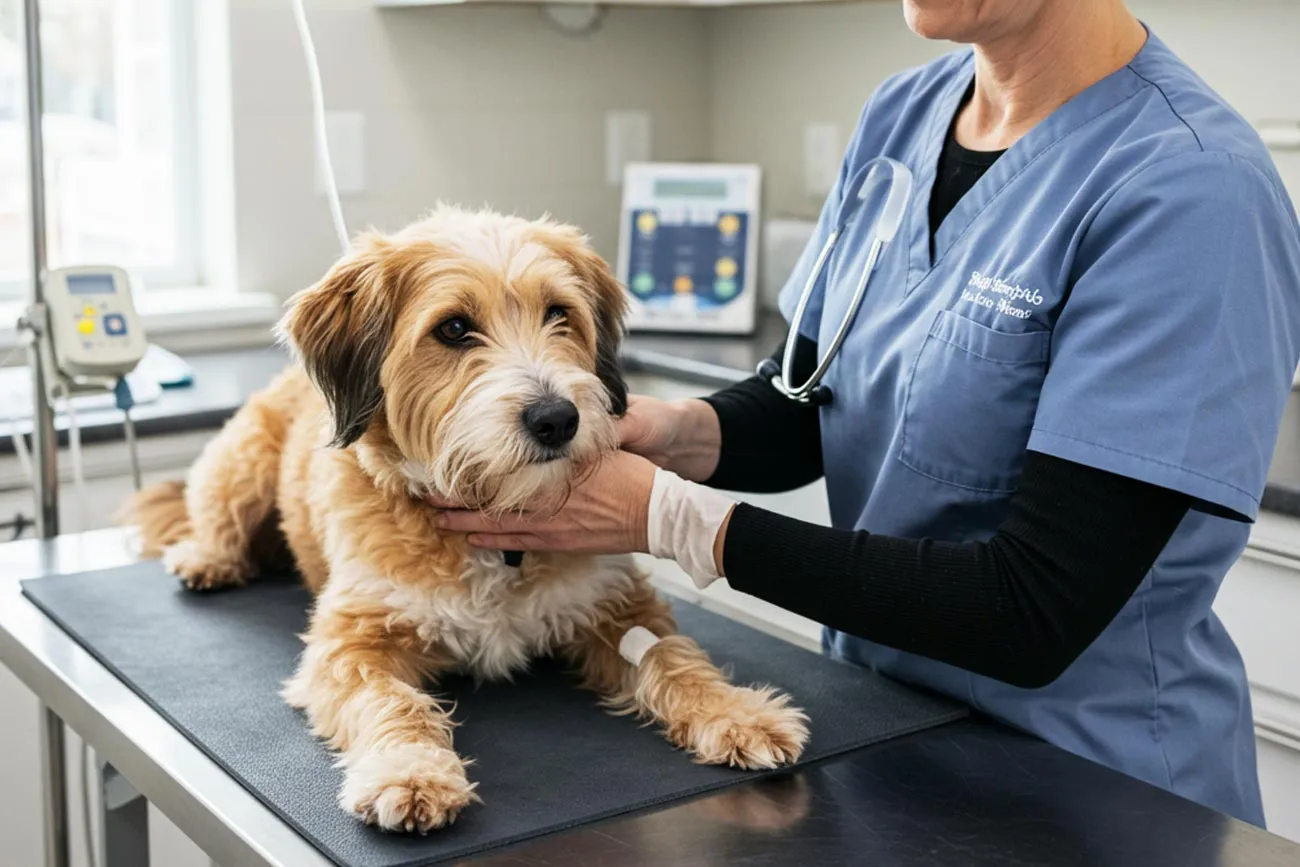In this article, we will explore the history, characteristics, care, and trivia about the adorable Pomeranian, as well as share valuable tips on how to make living with this breed even more rewarding.
History and origin of the Pomeranian
The Pomeranian has a rich and interesting history that dates back centuries. Originating from the Pomerania region, which today spans parts of Germany and Poland, this breed was initially much larger than the miniature version we know today. The ancestors of the Pomeranian were working dogs used for tasks such as herding and hunting.
During the 18th century, breeders in the region began selecting smaller dogs within the Spitz breed to develop a miniature version. This selection resulted in the Dwarf German Spitz, which was later nicknamed the Pomeranian, in reference to the region of origin.
In the 19th century, Queen Victoria of Britain visited Italy and fell in love with a Pomeranian. This further boosted the breed's popularity in Europe and eventually in the United States.

Physical Characteristics
The Pomeranian is known for its cute appearance and dense, luxurious coat. Here are some of the most distinctive physical characteristics of this breed:
Size: The Pomeranian is a small dog, with a height typically ranging from 18 to 30 centimeters (7 to 12 inches) at the shoulder.
Coat: Its double coat is one of its most notable features. The outer layer is thick and straight, while the inner layer is soft and woolly. The coat can come in various colors, including orange, cream, black, brown, and even combinations of colors.
Tail: The Pomeranian's tail is fluffy and is usually carried upright over the back.
Face: They have an alert and intelligent facial expression, with small, erect ears.
Weight: Weight varies, but it generally falls between 1.5 and 3.5 kilograms (3.3 to 7.7 pounds).
These physical characteristics contribute to the charming appearance of the Pomeranian, which resembles a small plush wolf.
Personality and behavior
In addition to their adorable appearance, the Pomeranian is known for its vibrant and lively personality. Here are some key behavioral traits of this breed:
Intelligence: These dogs are highly intelligent and quick learners. They enjoy learning tricks and commands, making them excellent for training.
Affection: Pomeranians are affectionate and loving towards their owners. They often form strong bonds with their families and like to be around them all the time.
Activity: Despite their small size, these dogs are full of energy. They enjoy playing and exercising and are suitable for active families.
Alertness: They make good watchdogs because they are naturally alert and wary of strangers. They bark to alert their owners to any unusual movement.
Sociability: Although protective, Pomeranians tend to get along well with other pets and children when socialized from an early age.
Independence: Despite being affectionate, these dogs also have an independent side and can be stubborn in certain situations.
The vibrant personality of the Pomeranian makes it a great companion for families, singles, and seniors looking for a loving and energetic dog.
Care and needs
The Pomeranian, despite its small size, requires specific care to ensure it is happy and healthy. Here are some essential tips:
Feeding: Provide a balanced, high-quality diet suitable for your Pomeranian's size and age. Consult with a veterinarian to determine the right amount of food and avoid overfeeding, as they can gain weight quickly.
Exercise: Despite their size, these dogs have a lot of energy. Daily walks and playtime are essential to keep them healthy and happy. Keep in mind that they love interactive toys and fetch games.
Training: Start training early to stimulate their agile minds. They respond well to positive reinforcement training, rewarding good behavior with praise and treats.
Grooming: Regularly brush your Pomeranian's coat to prevent mats and shedding. They have a seasonal coat, so they may shed more during seasonal changes.
Health: Schedule regular check-ups with the veterinarian to ensure your dog's health. Be vigilant about common health issues in Pomeranians, such as dental and cardiac problems.
Socialization: Expose your Pomeranian to different situations, people, and animals from an early age. This will help prevent shyness or aggression.
Environment: While they adapt well to indoor environments, Pomeranians also enjoy outdoor play in secure, fenced areas. Ensure they are not overexposed to extreme heat or cold due to their small size.
Commitment: Be prepared to dedicate time and attention to your Pomeranian. They are companion dogs and do not like to be left alone for long periods.
By following these guidelines, you will ensure that your Pomeranian has a happy and healthy life by your side.
Fun facts about the Pomeranian
Famous owners: Many celebrities throughout history, including Michelangelo and Isaac Newton, owned Pomeranians.
Variety of colors: The Pomeranian's coat can come in a wide range of colors, including shades of orange, cream, black, brown, and even blue and merle.
Social media popularity: Due to their photogenic and charismatic appearance, Pomeranians are popular on social media, with many of them amassing loyal followers on dedicated accounts.
Determined personality: Despite their small size, these dogs have a strong and determined personality. They are not easily intimidated and often act as if they were much larger than they actually are.
Life expectancy: The average life expectancy of a Pomeranian is 12 to 16 years, making them an impressively long-lived breed.
Understand that...
The Pomeranian, or Dwarf German Spitz, is a charming breed of dog, full of personality and charm. Its rich history, adorable physical characteristics, and affectionate personality make it a popular choice for dog lovers worldwide. However, it's important to remember that this breed requires specific care, including proper nutrition, regular exercise, and early socialization.
If you're thinking about adding a Pomeranian to your family, be prepared to welcome a loyal and affectionate companion who will bring joy and energy to your life. With the right care, your Pomeranian will become a valuable and loving member of your family for many years to come.
Always remember to seek out responsible breeders or consider adopting a dog of this breed from an animal shelter, giving them a second chance to find a loving home. With the right love and attention, the Pomeranian will become an inseparable friend and bring many laughs and special moments to your life.

















Add comment